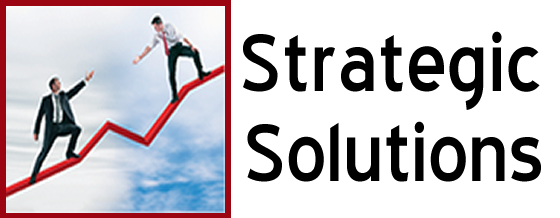What My History Teacher Said About Potential and Permission
When I was in high school some time during the last century, my history teacher was late for class. Rowdy teenagers that we were, we seized it as a golden opportunity to goof off. While the girls were jabbering and laughing away some of the boys (not me of course), took the globe out of its stand and played catch. Others shot off paper airplanes and other stupid kid stuff. Not one of us remained in our seats, but then again, there was no one in authority to give us permission.
In the midst of this mild chaos, Mr. D entered the room, looked at his watch, crossed his arms and simply waited. Eventually someone noticed, let out a big ‘Shhh’ and we all scrambled to our seats.
Mr. D stood in front of his desk and remained quiet, as he looked around and took note of every one of us. He took several deep breaths. Then his voice rang out as he proclaimed, ‘You are no more than the smallest ants in the history of civilization.’
Wow. We looked at each other. Did he really say that about us? Where did he get off?
Who was he kidding?
We were teenagers. We thought we were big shots. We thought we knew it all and had the ability to do anything and be anything in the world we wanted – and talking about the world, we figured we would have it at our feet just as soon as we finished school.
Who were we kidding?
What pursued after that little proclamation of his, was probably one of the most provocative and meaningful classes I ever had.
We talked about potential. We’re all born with the potential to accomplish many things in our lives. We can change worlds – even our owns – regardless of whether we’re rich or poor. The way to reach our potential and expand beyond it happens when we look outside the world we live in our heads and focus on making a difference in people’s lives.
That’s what leaders do. They also know they don’t have to be a President or a doctor or a technology genius to make the world better for someone else – as long as they let you. In other words, you need permission.
Permission comes when you’re trusted. It goes back to authority and power. You may own the business. That gives you the authority to rule the roost, but unless you have the trust of your employees and customers, you haven’t the power to make anyone’s life better. Not even your own.
Our potential to accomplish anything is dependent on others and when you think about it, everyone wants the same things. We just happen to think about it in terms of our own lives. Sometimes we’re shortsighted.
Instead, what if we started thinking about our basic needs, in terms of others? Every time we think about what we care about remember that the people we need to care about us, have the same basic needs.
- We all want to be treated with respect and courtesy.
- We all want to be recognized for our accomplishments.
- We all need a thank you.
- We all need someone to be there for us when we need them.
- We all have a few – if not many – things to be grateful for.
- We all want to feel we’re loved.
My old history teacher really put it in perspective. By being late, he had trusted us enough to permit us to exercise our power to behave maturely and control our actions. We blew it, but by the end of the class we learned our lesson well.
We put aside our teenage egos and understood that those who were able to conquer the unconquerable, find cures for dreaded diseases, invent things, or become part of history throughout the ages didn’t set out to make names for themselves. But, by earning trust, they were granted the permission to make lives better for people, and they succeeded. That’s what made them memorable.
